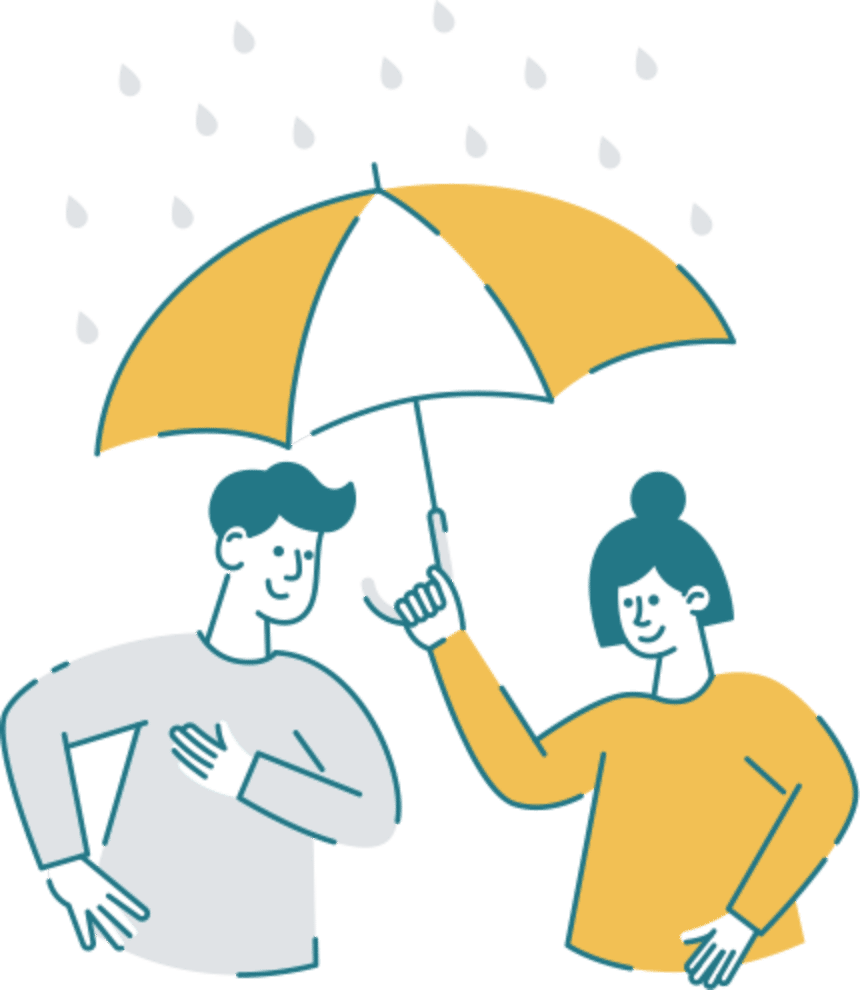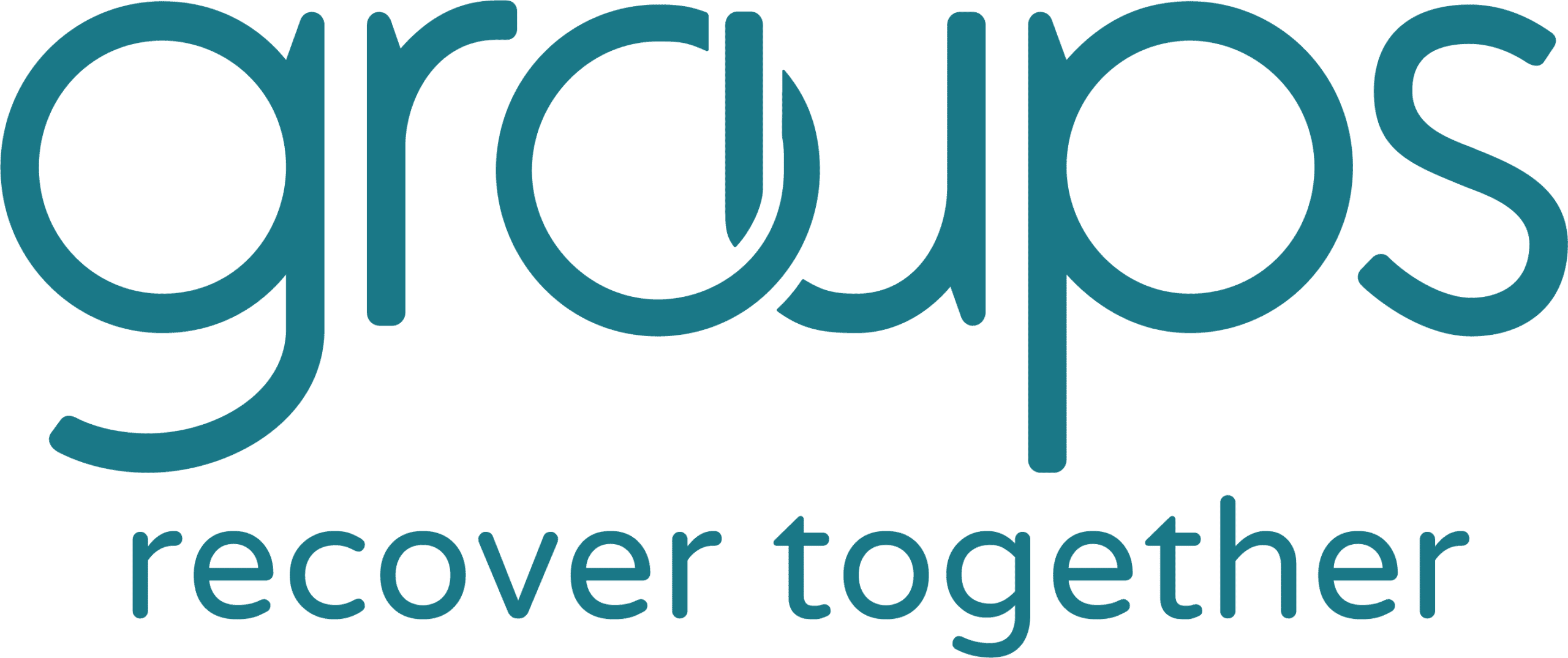YOU’RE NOT ALONE
Resources To Help You Reach Your Recovery Goals
How to set SMART goals for the new year
New Year’s resolutions are popular for a reason, right? A new year is a fresh start. It’s a chance to reflect on the past year and set goals for the new one. But most resolutions don’t last past the first few weeks. That’s because many people’s resolutions require major changes. For most of us, changing
9 online addiction recovery support groups for extra support
Groups provides holistic online or in-person addiction support. Our program includes weekly recovery groups and a 24/7 phone line. But, sometimes, going to another support group may be what you need. Want to expand your support network? Explore these 9 online recovery support groups and find the right fit for you. (Options are listed from
New app feature! Introducing the Gift of Recovery
The Gift of Recovery program is designed to provide tools and resources for our members to do what they have done since the beginning of Groups, share recovery with their loved ones and community members. Now it’s easier than ever for members to share the Gift of Recovery, right from the app! Here’s how it works:
Update: Groups emails are now even more secure with Virtru
Treatment at Groups often involves sharing sensitive information through email. Because of this, security and privacy are extra important. So, we’ve started using a new tool called Virtru. Virtru adds a layer of security and privacy to Groups messages. Here’s what you need to know about the new tool and how it will change email
How to manage stress and cravings during Thanksgiving in recovery
Thanksgiving is a really important (and beloved!) holiday for many of us. It’s a big day for family, friends, food, and festivities. But it can also be a stressful time. Whether you’re new to sobriety, or coming back to recovery, there can be some anxiety leading up to holiday gatherings. We may feel pressure to
Groups Goal Guide: Insurance and Health Care
At Groups, our comprehensive care model supports the whole you. This includes challenges in life that can sometimes get in the way of meeting short- and long-term goals, like access to health care. Whether you’re considering your insurance options or you’re paying out of pocket for health care, we’re here to help. In this Groups

